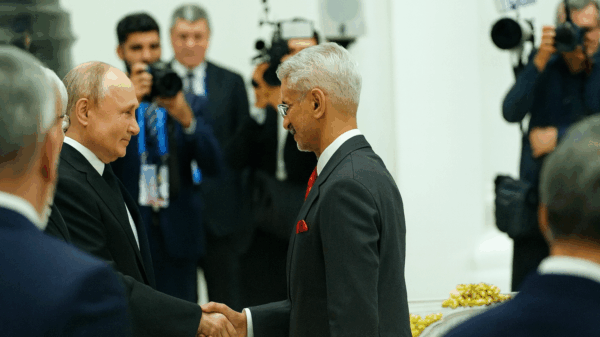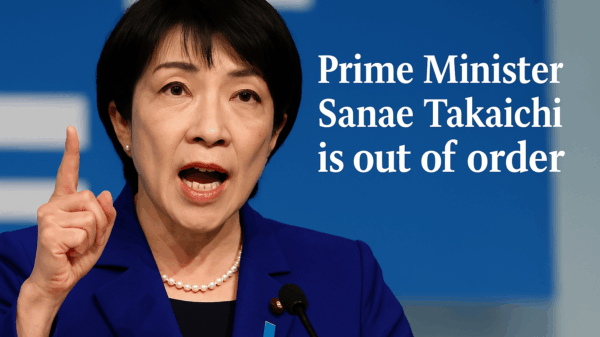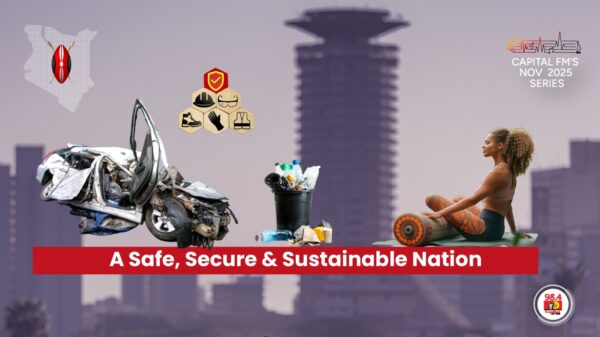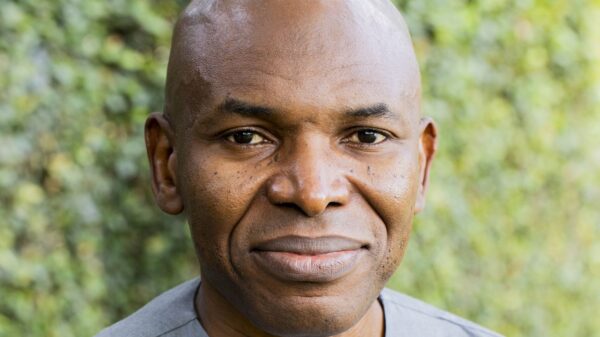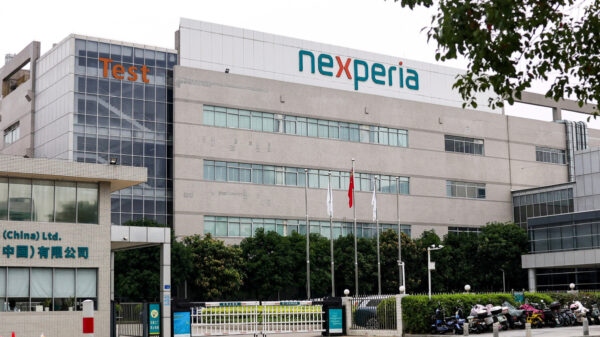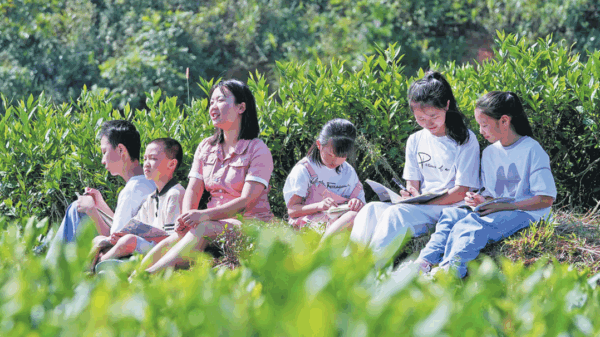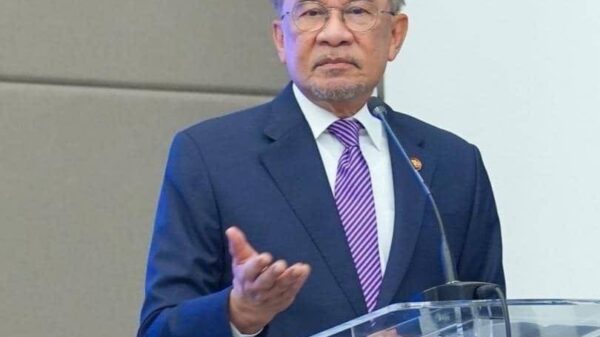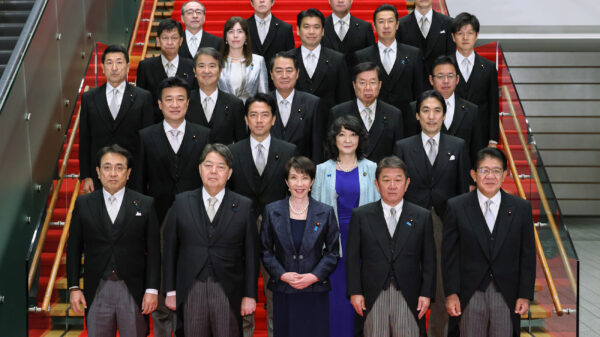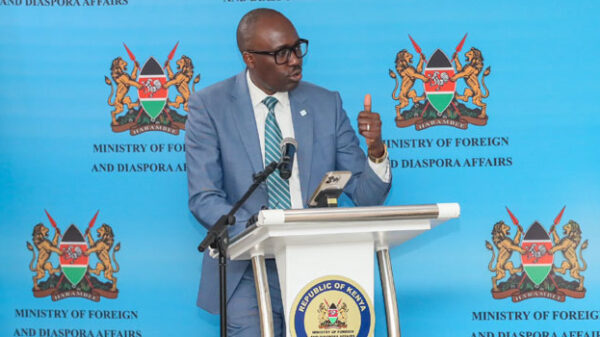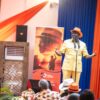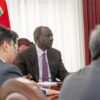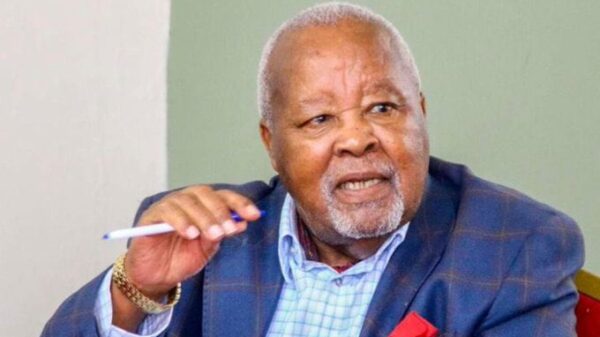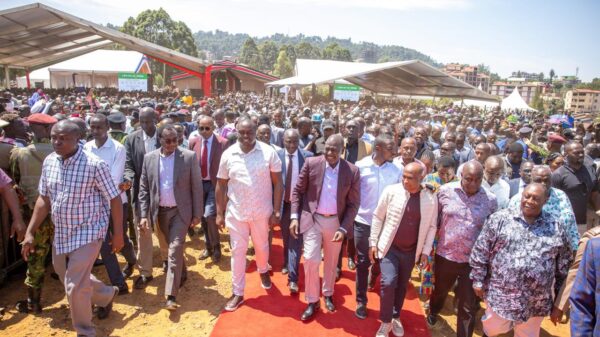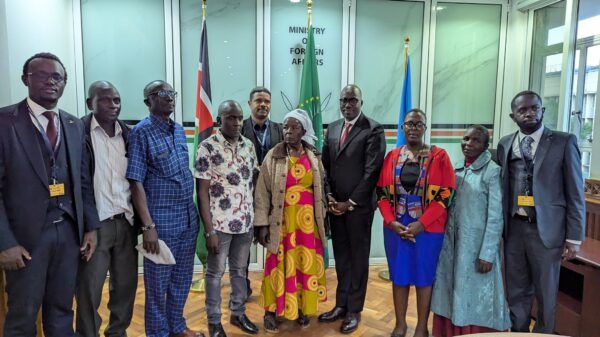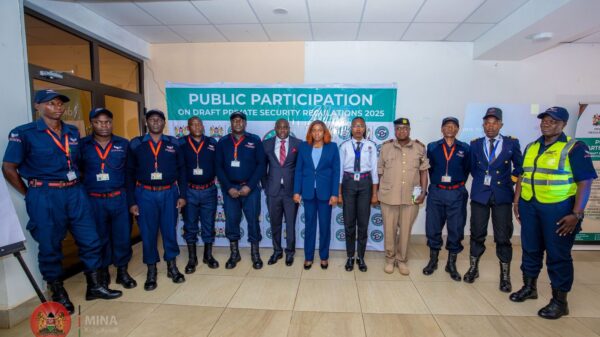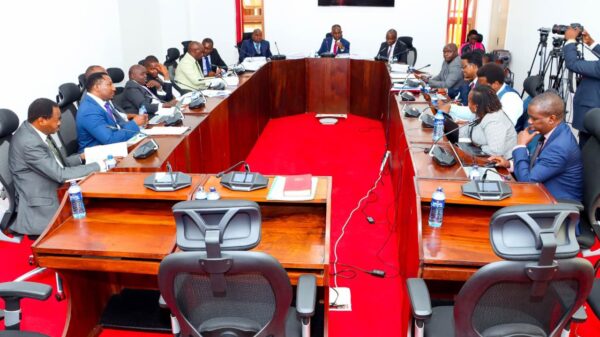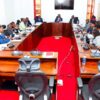The current discussions and speculations on the contents and possible content of the MoUs that will follow the upcoming political coalitions ahead of the August election once more underpins the central role of access to information in group processes. Without prior sharing of the contents of these political formations, followers are just wallowing in emotional crowd behavior, which can not allow them to make informed decisions on why to vote for any of the parties. Ordinarily, the details of the formations would be made to allow people to get enlightened. Citizens participate in our elections with very little information that has made them merely followers rather than stakeholders in this important human rights exercise.
Nothing of substance comes out of their rallies or media appearances, maybe during the night meetings. Political messaging seems a big challenge to these institutions, and many of the political parties have no serious structured communication units, save for a few.
Political party followers rarely get the opportunity to understand how decisions are made in those entities, while the agencies that are entrusted with helping citizens participate in these processes rarely make effort to enforce the provisions of the right to information Act or prior active information disclosure requirements in the electoral laws and administrative codes on the same. Remember what happened when the Registrar of Political Parties in a pilot allowed people to know which parties they belonged to according to their portal- it become hot including to the data commissioners office
Can for example a follower lodge information request for information regarding critical information such as manifestos, coalition details, sources of funding for such events such as Annual General meetings or National Delegates Conferences, political rallies, and or public engagements within the current legal provisions, now that the law on funds for elections funding was killed?
Is there a requirement within any of the electoral-related or political parties laws that require these entities to share or divulge information and their provisions for members legally seeking this information or reprimand by relevant authorities on those flouting such requirements? How do we make the right to access to information a critical player in terms of enhancing public participation and good governance in our electoral processes?
The right to information framework is not only an anti-corruption tool as has variously been made to appear but a critical enabling law in terms of enhancing public participation in governance and democratization process including enabling citizens to make decisions affecting their lives. Access to information must be mainstreamed in our electoral processes alongside other civic education initiatives that elevate elections from mere periodic rituals to processes that have an impact in Kenyan lives.
More importantly, the right to access information held by public authorities is a fundamental human right recognized in international human rights law, including the Universal Declaration of Human Rights (UDHR) and the African Charter on Human and Peoples’ Rights, the Government drafted access to information bill that but it is yet to enact it. Article 35 of the Kenyan Constitution and the right to information Act 2016 are very critical in the electoral processes.
Public bodies are required to disclose information to members of the public because they hold information not for themselves but as custodians of the public good and thus everyone has a right to access this information, subject only to clearly defined rules established by law. Enhancing the flow of information helps to promote government accountability and a sense of trust amongst the people about the government and public authorities. It is also a key tool in combating corruption and other forms of public wrongdoing. The right to information is, therefore, a key public policy tool for promoting good governance and other social benefits.
Today, reading the emerging coalitions and party formations, as routine, you rarely hear or read about respect to gender considerations, people with disabilities or minorities, it’s the same male, regional, tribal and related that its dominating. It seems that the recently talked about women, men and the marginalized will seat on the table and make those important decisions even in our political parties; fro where we get our elected and by extension decision-makers on national issues. Our political parties have men and women, highly educated, professionals with integrity who through freely abandon values to cross the bridge; very intelligent guys who know what they are doing; but will rarely do what benefits Kenyans.
The author is the Deputy CEO at the Media Council of Kenya (MCK)

